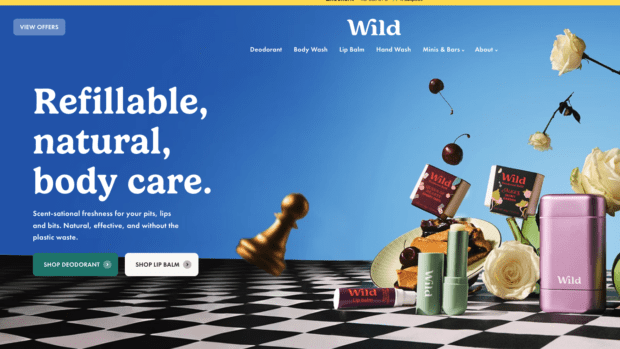There’s certainly an air of unpredictability about what might be unveiled in this year’s Budget on the back of a recent General Election; the UK officially leaving the EU on January 31, and a new Chancellor of the Exchequer in Rishi Sunak, who only took up the post a couple of weeks ago.
Many expect the new Chancellor to stick closely to some of the commitments made by his predecessor ahead of what will be a crucial Budget for the future of the UK economy. But if tradition is anything to go by, we can expect there to be one or two surprises. Last week we conducted a pre-Budget survey with our customers representing a broad range of sectors including pubs, hospitality businesses and retailers. The three most important factors they highlighted that will affect the future of their businesses in order of importance were VAT, Business Rates and Corporation Tax.
Business Rates
Positive changes announced in recent weeks have included an increased retail discount on business rates for more than 400,000 small businesses. This is welcome news and we hope to see the government rubber-stamp this, along with an additional £1,000 relief for pubs with a rateable value below £100,000. Both of these should come into force from April 2020.
According to The Times, the new Chancellor will also use the Budget to announce a “fundamental” business rates review, which is long overdue. The next review has already been moved forward to 2021 and rates revaluations are now set to take place every three years instead of five, so the government has already displayed a willingness to explore possible reforms around this tax. The current rates system has crippled SMEs for far too long and it’s crucial that Mr Sunak makes this a key focus when delivering his statement.
VAT and Corporation Tax
A freeze to the proposed cut in corporation tax from 19 per cent to 17 per cent was shelved last year, much to the disappointment of the SMEs we work with as this could have been a significant boost to their cashflow. Whilst any backtracking on this pledge from the government appears unlikely, it remains to be seen if the Chancellor will do away with this measure altogether or push ahead and confirm when the government intends to deliver on its initial commitment.
The Conservative election manifesto also stated that the government would not put up VAT and, so far, it looks as though they will stay true to that promise. Any increase would not be welcomed by the majority of small businesses, who instead would benefit from a reduction in VAT rates to encourage greater consumer spending. This will be especially important post-Brexit and given the increased uncertainty being caused by the spread of the Coronavirus, it seems more likely that any big decisions on VAT will be on hold”
By John Rozenbroek, CFO and COO at Capify








Share